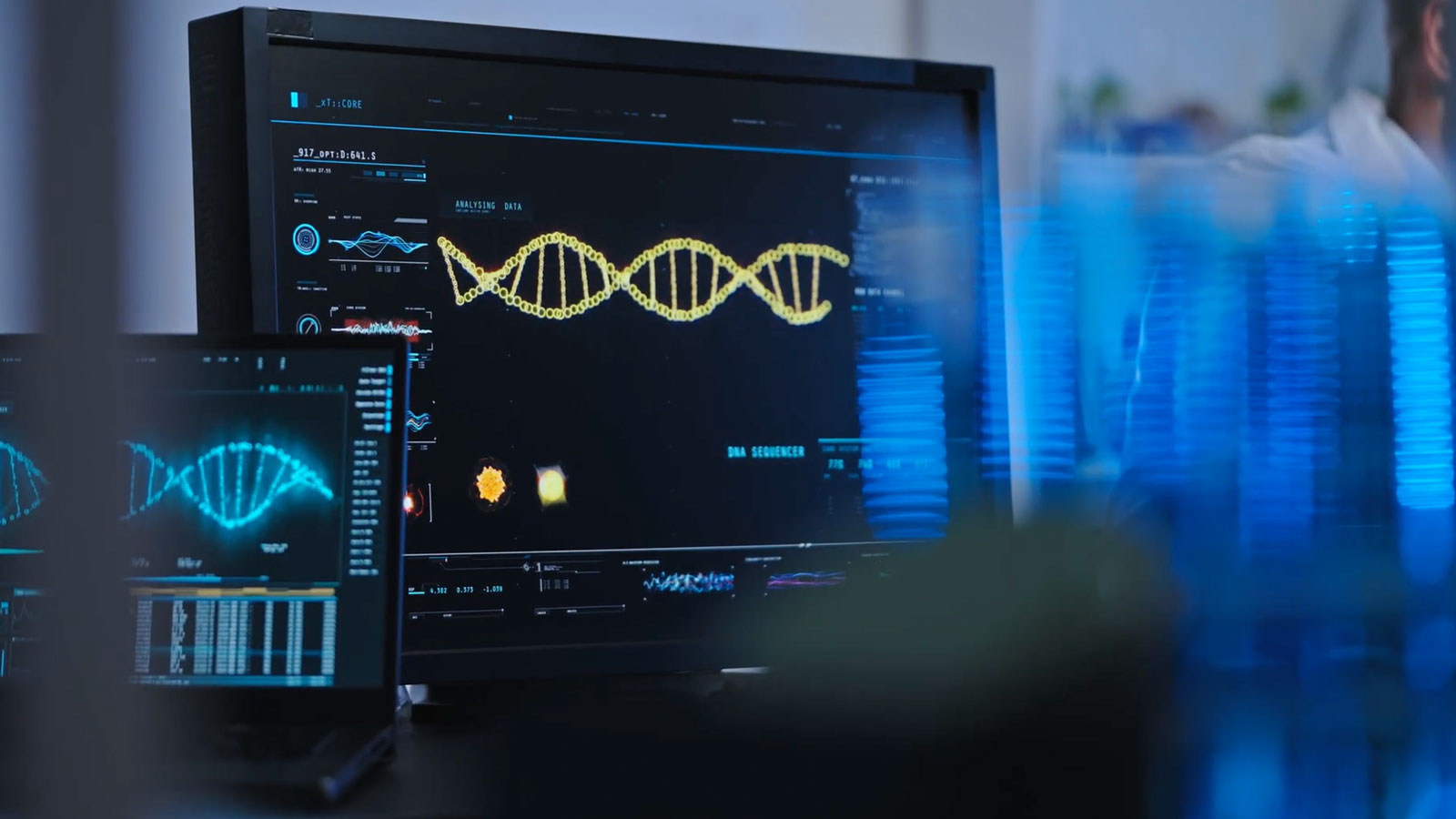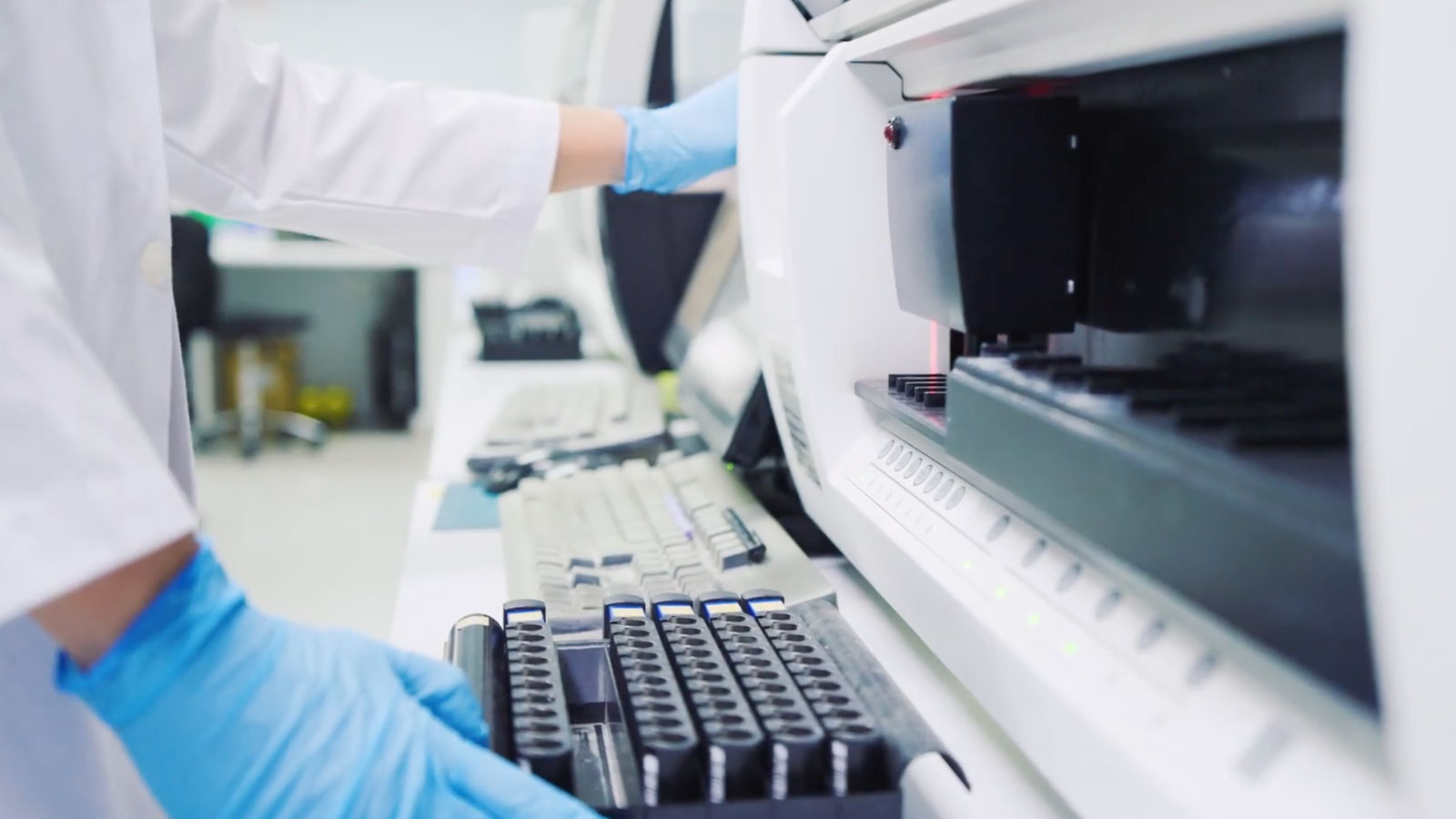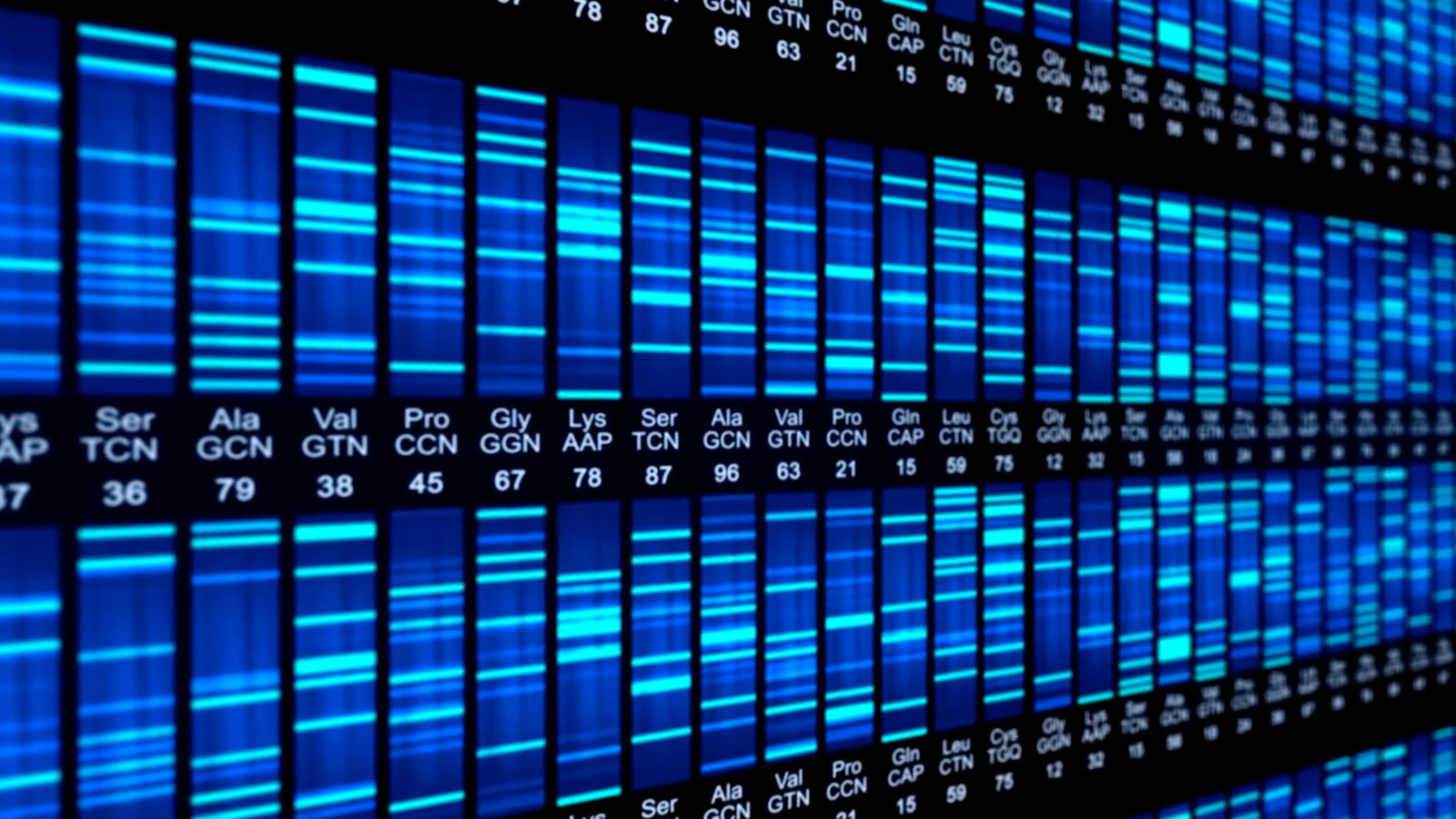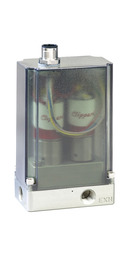Precision Pressure Control Provides the Stability High Stakes DNA Mapping Demands
In engineering, there are certain applications where even the smallest deviation can ripple through an entire process. In industries like analytical instrumentation and life sciences, that ripple can become a wave, distorting data, reducing yield, and eroding confidence in the results. Flow control is one of those areas where “close” quickly proves to be nowhere near good enough.
The DNA Mapping Challenge
Many systems that rely on moving a fluid at a steady rate face this exact challenge. When pressure fluctuates, flow fluctuates, and the entire process is affected. Even a small drift in control can mean inconsistent measurements, slower cycle times, or unreliable output.
One engineering team experienced this firsthand while developing a DNA-mapping system. At the heart of their process, a sample fluid is pushed through a molecular identification path. The rate of that flow is not just a parameter to monitor—it determines the consistency and quality of the test itself. Too much pressure, and the sample moves too fast. Too little, and the process stalls. In both cases, the data becomes unreliable.



To launch the system, the team used a pressure controller from a well-known supplier. It allowed them to get the project off the ground, but it didn’t offer the precision or repeatability the application demanded. The controller provided approximate control only, forcing the engineers to cobble together a mix of downstream components to compensate. The arrangement worked to a point, but it left no room for confidence, and over time, the weaknesses became increasingly obvious.
Video filmed at Clippard in Cincinnati, Ohio
Subscribe to Clippard's YouTube channel
Precision, Accuracy & Stability
The solution came in the form of Clippard’s Cordis CPC electronic pressure controllers. Unlike general-purpose devices, the Cordis CPC uses a fast-reacting sensor combined with Clippard’s proportional valve technology in a closed-loop system. This integration enables extremely fine, stable control, even in low-pressure ranges. For the DNA-mapping system, Clippard supplied controllers specifically calibrated for 5 psi and 1 psi operation, giving the team a tool designed exactly for the pressures they needed to manage.
The difference was immediate and measurable. Instead of operating within a small fraction of a high-range controller, they now had a device capable of holding pressure to within thousandths of a psi. Flow became smooth, repeatable, and predictable. The extra hardware they once relied on was no longer necessary, and their focus shifted away from troubleshooting and back to refining their science.
For design engineers working on processes where every detail matters, the takeaway is clear: when consistency defines success, precise control isn’t just helpful—it’s fundamental. Ready to get started? Contact Clippard or your local Clippard distributor to discuss how Clippard's Cordis Series can transform your application.
|
Related Products |
||||
Cordis CPC Series |
||||

